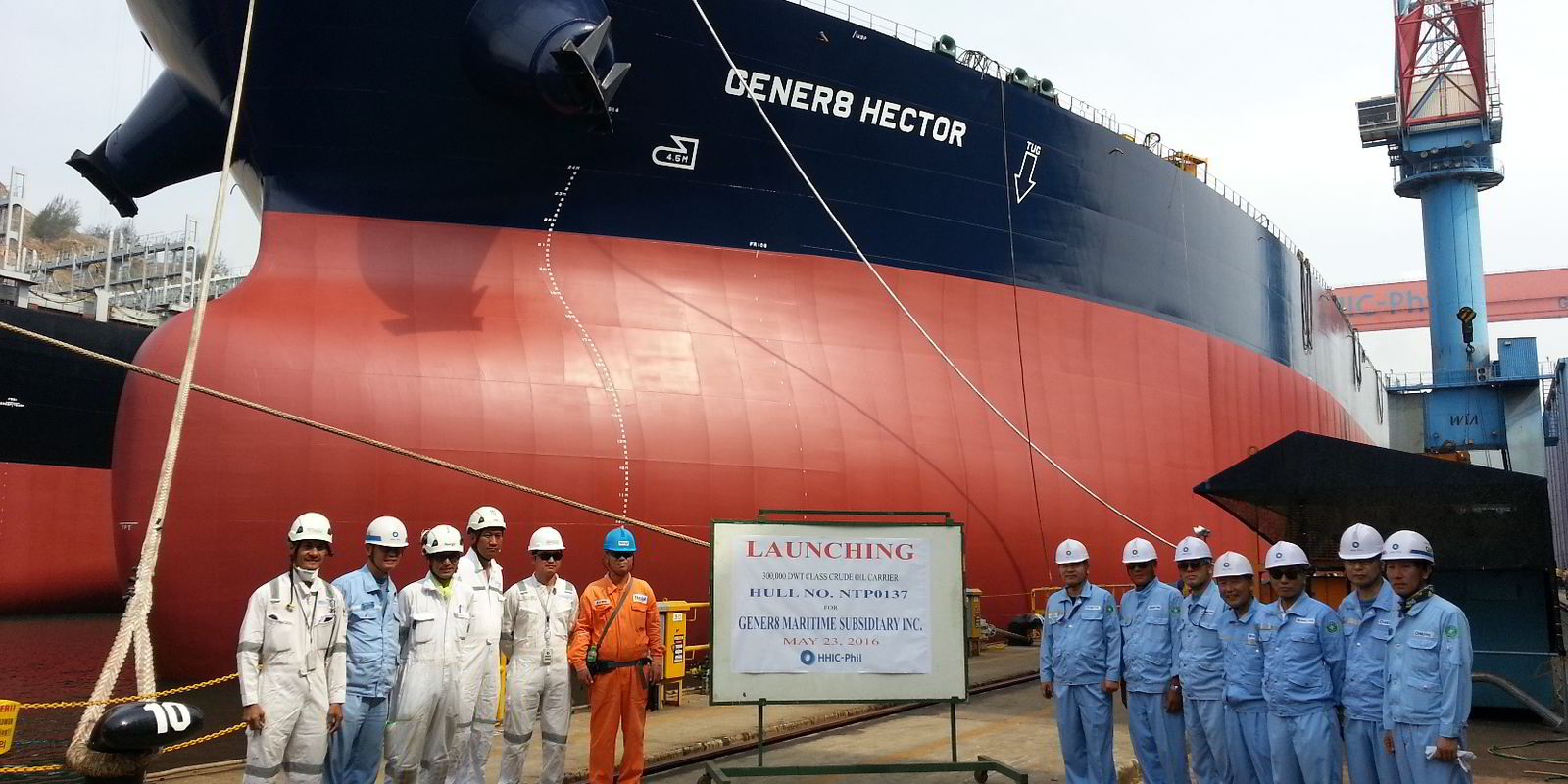VLCC rates saw a largely flat week as chartering for February loading is under way.
Early cargo counts from broker and industry sources show fewer liftings in the Middle East, but the effect of Opec cuts still remains unclear.
The Baltic Exchange's assessment for average rates on VLCC voyages closed the week at $28,841 per day, up only slightly from Monday. Average VLCC rates started the year at around $38,000 per day on the Baltic.
MJLF analyst Court Smith says rates held steady thanks to thinner tonnage after most available ships cleared out after January's busy lifting schedule. But VLCC demand looks to be trending lower as 31 cargoes have been fixed for the first decade of February. That compares to 40 during the same period a year ago.
"The cargo count for the first decade in February seems to be much lighter than it was last February," Smith said. It remains unclear though whether Opec's pledged cuts are the reason for the lower cargo count or if charterers are simply looking to drive down rates more, Smith says.
Tankers International pegged the first decade cargo fixtures at 41, with one more cargo yet to be booked. For the month of February, Tankers International says 145 cargoes are to be fixed versus 156 fixtures in January. The lower number could also reflect the shorter month.
Gibson's tally of pledged cuts shows the oil producing nations that signed the pact lowering production some 1.1 million barrels per day so far, versus a total pledged of 1.8 million barrels per day.
But Gibson cautions that those cuts may not yet be filtering to the export market. In the case of Saudi Arabia, much of their cuts are to crude destined for the domestic market.
"Hard evidence of these cuts filtering through into export barrels remains to be seen," Gibson's tanker report said. "In any case, lower exports are negative for the crude tanker markets. However, a proportion of Saudi Arabia’s cut was never intended for the export markets; whilst some countries may be overstating their compliance."
Cargo cuts aside, one thing that will keep pressure on rates in the newbuilding orderbook, MJLF says. Clarksons shows five VLCCs are scheduled to be delivered this month.
"Given the larger fleet size and the continual delivery of new build VLCCs, rates may move downwards in the weeks ahead," Smith said.




